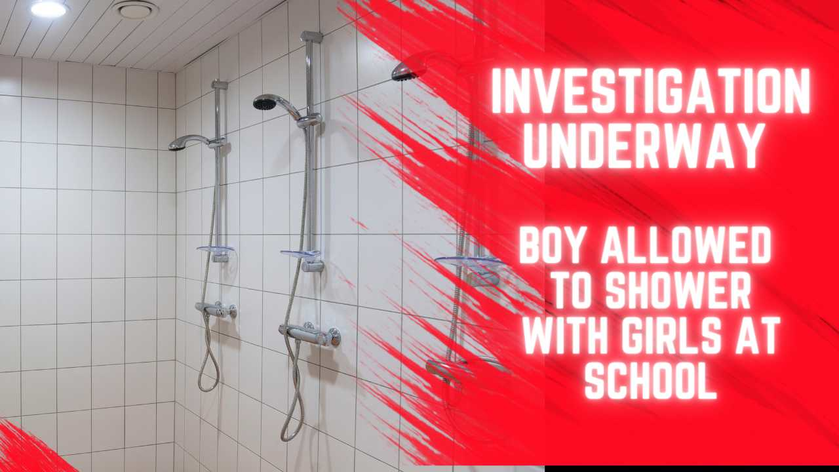WASHINGTON, D.C. - The Biden administration is investigating whether a Wisconsin school district failed to address allegations that a transgender student exposed biologically female students to male genitalia.
Education and the Workforce Committee Chairwoman Virginia Foxx (R-NC) and Vice Chair Mary Miller (R-IL) express satisfaction with the Department of Education's decision to launch a Title IX investigation into the Sun Prairie Area School District. This development follows the lawmakers' earlier letter to Education Secretary Miguel Cardona, expressing serious concerns about the safety of female students in the district.
Support my independent journalism by becoming a paid supporter. Help me to keep it real.
The initial concerns arose when it was reported that a male student, asserting a female gender identity, was allowed to shower with female students. Allegedly, the female students left the locker room after the male student exposed himself to them. In response, Representatives Foxx and Miller called on the Department’s Office for Civil Rights to conduct a Title IX investigation or compliance review to assess the district's policies and procedures, and whether they were followed.
The Wisconsin Institute of Law and Liberty (WILL) subsequently filed a complaint with the Education Department, documenting instances where school and district officials allegedly failed to address the situation in accordance with Title IX guidelines. The complaint points out lapses in communication, delays in addressing the incident, and a lack of supportive measures for the affected students.
Among the allegations, WILL contends that the district's Title IX coordinator did not interview one of the purported victims, a crucial step in addressing sexual harassment under Title IX. The complaint emphasizes the need for a swift investigation to determine if there were violations of Title IX, aiming for a remedy to potential shortcomings in the district's handling of the situation.
In summary, the lawmakers stress the importance of a comprehensive and substantive investigation to ensure the safety and privacy of students, while the filed complaint by WILL outlines specific instances where the school and district allegedly fell short in addressing the reported incident in compliance with Title IX.
Sun Prairie previously told reporters it would not be commenting on the details of the alleged incident. The school district instead shared a letter written to families with CITC, which stated district leadership "addressed this incident when it was brought to our attention" and that "steps have been taken to ensure that it does not recur."




















